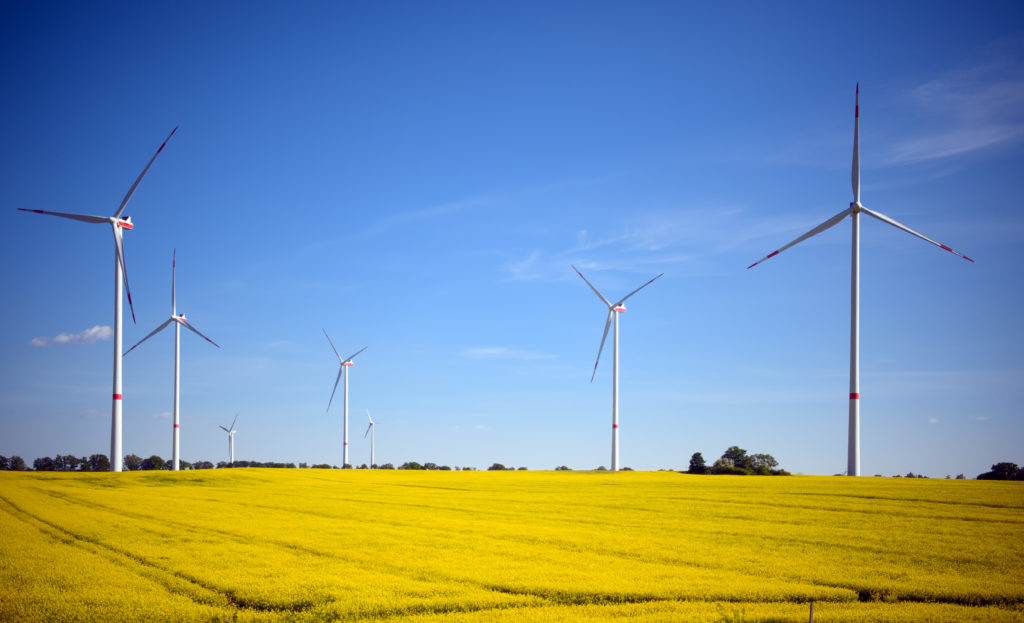NUR-SULTAN
Eni, an Italian multinational oil and gas company, and Kazakhstan’s state-owned KazMunayGaz agreed to develop more renewable, hydrogen and biofeedstock projects in the Central Asian country, strengthening and widening their partnership to the energy transition scope.
Eni launched its first renewables project in Kazakhstan in 2020 through the 48 megawatts Badamsha wind farm, located in the Aktobe Region, with an annual power generation of about 195 gigawatts/hours and an overall CO2 saving of 172,000 tonnes per year. The company is now executing the second phase of the project, with 48 megawatts of additional capacity.
In March 2021, Eni also inaugurated the construction works of a 50 megawatts photovoltaic plant in the south of Kazakhstan.
“The agreements signed today enhance the perimeter of our historic collaboration with Kazakhstan, further directing it towards a low carbon emission future. Besides the wind and solar activities, Eni will leverage all its proprietary technologies, developed over the last few years and focused on energy transition,” Eni CEO Claudio Descalzi said.
Kazakhstan’s Prime Minister Askar Mamin said that Eni made a significant contribution to energy transition and decarbonization projects in the country.
Sides signed cooperation agreements over the development of energy transition projects for the production and sale of electricity and the development of agricultural and hydrogen projects as well as the joint implementation of subsoil use projects in Kazakhstan.
Eni has been present in Kazakhstan since 1992, where it is a joint operator of the Karachaganak field and an equity partner in various projects in the Northern Caspian Sea, including the Kashagan giant field.
In 2018, Eni became a joint operator in the exploration block Isatay and Abay, with the state company KazMunayGaz.
Kazakhstan’s huge reserves of traditional energy sources, namely: cheap coal, oil, and natural gas, are being chipped away every year. Year-on-year, there is a gradual decline among existing fields and sources, despite some new recently announced finds. Their extraction requires increasingly significant financial investments, especially if associated with deep offshore oil drilling and complex technologies.
To avoid an eventual economic recession brought about by the decline in hydrocarbon fuel demand and diminishing mineral reserves, Kazakhstan is trying to adapt by tapping into its vast – and potentially hugely lucrative – renewable energy resources.

